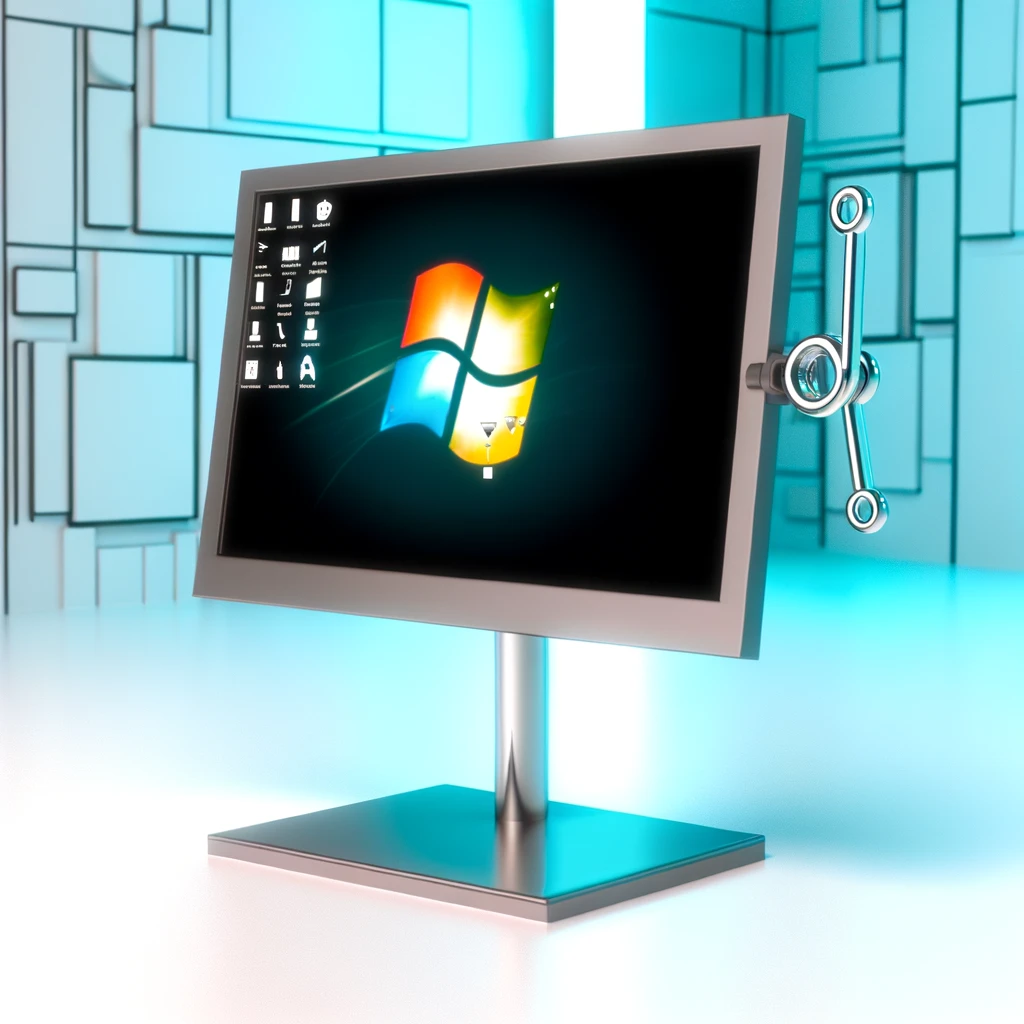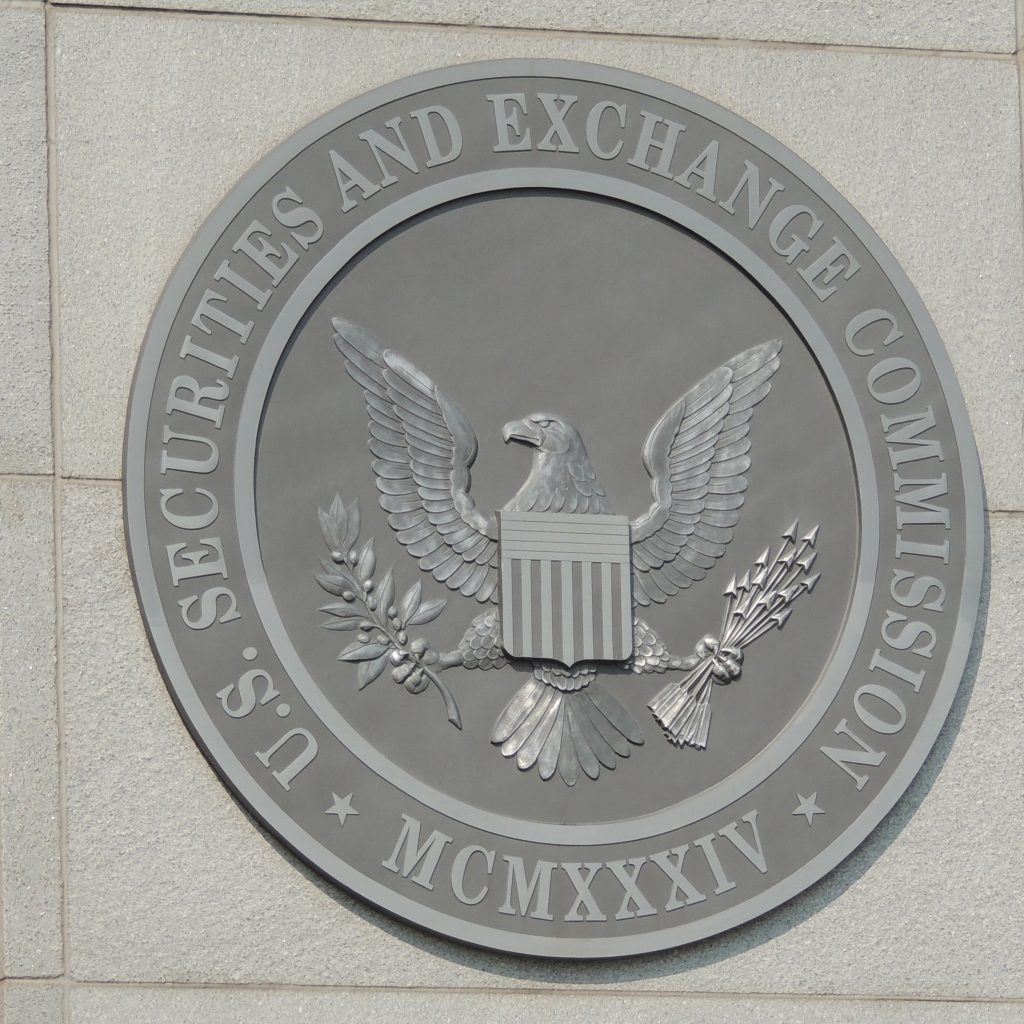Ethereum co-founder Vitalik Buterin has positioned Linux, the open-source operating system, as a viable solution to Elon Musk’s recent frustrations with Microsoft Windows OS. The dialogue between these influential figures underscores a growing discussion on the viability of open-source software as a mainstream alternative to proprietary operating systems.
Buterin’s suggestion came in response to Musk’s public grievance about his inability to install Microsoft’s Windows OS on a new computer without a mandatory Microsoft account. The issue, aired on the social media platform X (formerly Twitter), has sparked a broader debate about user autonomy, privacy, and the complexities of modern software ecosystems. Buterin, known for his advocacy for open-source projects, recommended Linux as an effective, user-friendly alternative that could alleviate Musk’s concerns.
Vitalik Buterin proposes Linux to Elon Musk
Linux, first released in September 1991, has evolved significantly from its niche origins to power many devices today, most notably Android smartphones. Its open-source nature allows users and developers unparalleled access to modify and distribute the software, fostering an environment of continuous improvement and customization. This foundational principle of open-source software aligns with Buterin’s suggestion, highlighting Linux as a flexible and transparent alternative to proprietary systems like Windows OS, iOS, and macOS.
The interaction between Musk and Vitalik Buterin has illuminated the growing appetite for open-source solutions among users who seek greater control over their digital environments. Linux’s reputation for stability, security, and efficiency, coupled with its cost-free distribution, presents a compelling case for users disenchanted with the increasingly closed ecosystems of major OS providers.
However, the discussion also touched on the potential limitations of Linux, particularly concerning gaming—a primary use case for Musk and many others—which has traditionally been a domain where Windows OS holds a strong advantage.
Navigating the complexity of modern software requirements
Musk’s original complaint on X highlighted a broader issue many users face: the perceived erosion of user choice and autonomy in software installation processes. According to Musk, the mandatory Microsoft account for using Windows on new devices marks a departure from earlier versions, which offered users the option to bypass account creation. This change has led to community discussions about workarounds, though Musk contends that these solutions are overly complex for the average user.
The exchange between Musk, Buterin, and the wider community raises important questions about the direction of software development and user engagement. The debate emphasizes balancing ease of use, security, and user freedom. Open-source software like Linux offers an alternative route, championing transparency and user empowerment, but also requires users to navigate different complexities and limitations.





